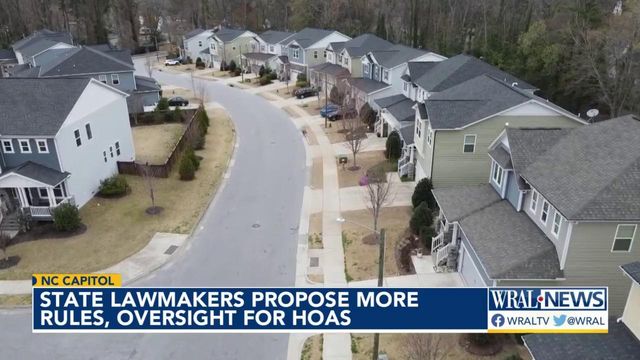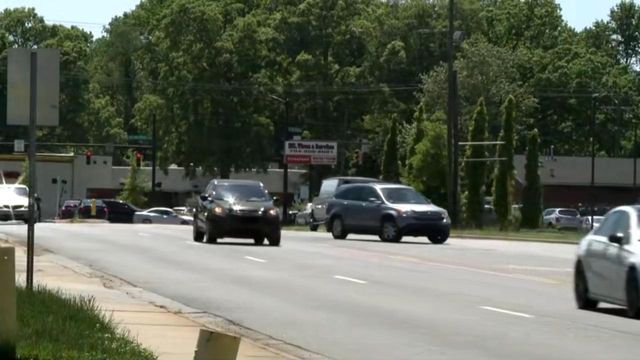State lawmakers propose more rules, oversight for HOAs
State lawmakers in both chambers and both parties this session are proposing more oversight and restrictions on community and homeowners’ associations.
Under current law, an association can claim a lien on someone’s property for any amount of money that is 30 days past due. After 90 days, it can start foreclosure proceedings and auction it off to recoup what the property owner owes. Associations aren't required to call or email the owner — just notify them by mail.
Many homeowners agree that HOAs serve a purpose in maintaining property values, running facilities such as pools, and heading off neighbor disputes over property use and appearance. In many neighborhoods and condominium buildings, memberships — and fees — are required by deed or covenant. However, these organizations are largely unregulated: no federal or state body oversees them.
One bipartisan proposal at the state legislature, House Bill 542, would set a minimum of $2,500 or one year of assessments, whichever is less, for an HOA to put a lien on a home.
The HOA would also have to follow stricter requirements for using phone, email and a letter to notify the homeowner of impending foreclosure. If the homeowner can't be located, the HOA would be required to contact the owner’s closing attorney or agent to try to get contact information.
HOA-USA, the national association of homeowners' and community associations, didn't respond to WRAL's request for an interview Thursday.
The bill’s sponsor, Rep. Ya Liu, says she’s heard horror stories about owners who weren’t even aware their property was being foreclosed on because they were renting it out.
“The attorneys who conduct such foreclosures typically send the letters to the rental property addresses, but the homeowners actually don't live there," Liu, D-Wake, told WRAL News. "And the renters don't really forward the mail to the homeowners.” One owner, she said, lost two rental homes to foreclosure “for only a few hundred dollars.”
Her bill, Liu says, is an attempt to strike a balance.
“We want HOAs to have the power to collect the fees and to better maintain the neighborhoods. But on the other hand, we want to make sure the homeowners’ interests are also protected,” she said.
Other bills would go farther.
- A proposal by Sen. Kandie Smith, D-Pitt, would revoke HOA’s power to foreclose on properties altogether.
- Rep. Frank Iler, R-Pender, has filed a proposal to create a division within the office of the state attorney general to oversee community associations and assist homeowners in disputes.
- A section of House Bill 551, sponsored by Rep. John Bradford, R-Mecklenburg, would exempt currently owned properties from new amendments to HOA rules. New rules would only take effect when the property changes hands.
- And a bipartisan bill in the Senate, S376, would create a legal definition of a community association and require it to allow members to review its contract with the association manager if requested in writing.
“The idea is to give more oversight to the HOAs,” Liu said. “The HOA handles a lot of money. And we want more transparency and want to see how the funds are actually being used to the benefit of the residents who live there.”











